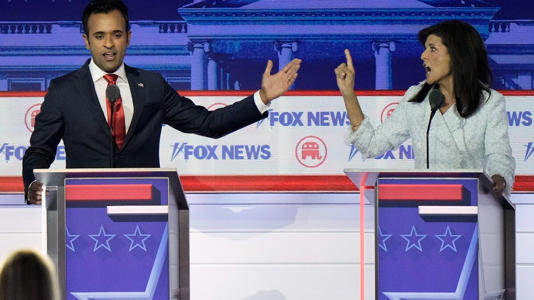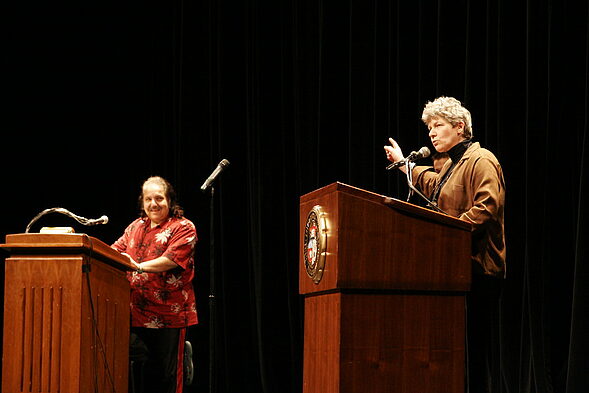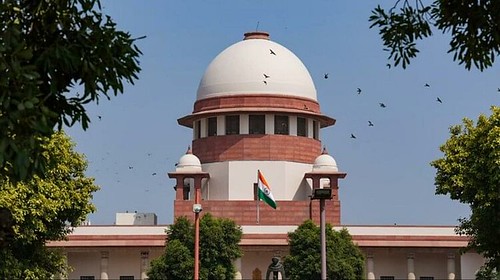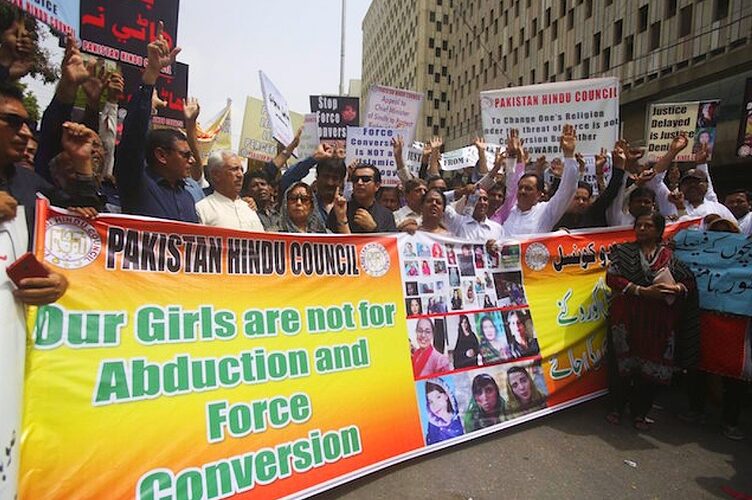Table of Contents
Why Watching Political Tv Debates are Unhealthy for Viewers
Introduction
Political debates have long been a staple of democratic societies, providing a platform for candidates to present their ideas and engage with voters. However, the impact of watching political debates on viewers’ mental and emotional well-being is often overlooked. In this article, we will explore the reasons why watching political debates can be unhealthy for viewers and discuss what can be done to mitigate these negative effects.
The Emotional Toll of Political Tv Debates
1. Emotional Manipulation:
- Political debates often employ emotional tactics to sway viewers’ opinions. Candidates may use fear, anger, or other strong emotions to appeal to voters, which can lead to heightened stress levels and anxiety among viewers.
- For example, during the 2016 United States presidential debates, both candidates used personal attacks and aggressive language, creating a hostile environment that left many viewers feeling emotionally drained and overwhelmed.
2. Polarization and Divisiveness:

- Political debates tend to highlight the differences between candidates and their supporters, leading to increased polarization and divisiveness among viewers.
- Research has shown that exposure to political debates can reinforce existing biases and deepen political divisions within society.
- For instance, a study conducted by the Pew Research Center found that 55% of Americans believe that political debates make the country more divided.
The Cognitive Impact of Political Tv Debates
1. Information Overload:
- Political debates often involve complex policy discussions and rapid-fire exchanges, making it challenging for viewers to process and retain information.
- Studies have shown that excessive exposure to political debates can overwhelm cognitive resources, leading to decreased comprehension and decision-making abilities.
- For example, a study published in the Journal of Communication found that viewers who watched multiple political debates in a short period of time were more likely to experience cognitive overload and struggle to recall specific policy details.
2. Confirmation Bias:
- Watching political debates can reinforce existing beliefs and biases, leading to confirmation bias.
- Viewers may selectively interpret information presented in debates to align with their preconceived notions, further entrenching their own perspectives.
- Research conducted by the University of Michigan found that exposure to political debates can strengthen individuals’ pre-existing attitudes and beliefs, making it harder for them to consider alternative viewpoints.
What Can Be Done?
1. Media Literacy Education:

- Providing viewers with the necessary tools to critically analyze political debates can help mitigate the negative effects.
- Introducing media literacy education in schools and promoting fact-checking initiatives can empower viewers to evaluate the credibility of candidates’ claims and reduce the influence of emotional manipulation.
2. Diverse and Civil Debates:
- Encouraging candidates to engage in civil and substantive debates can foster a healthier political discourse.
- By promoting respectful dialogue and focusing on policy issues rather than personal attacks, viewers can be exposed to a more constructive and informative debate environment.
3. Balanced Media Coverage:
- Media outlets play a crucial role in shaping viewers’ perceptions of political debates.
- Ensuring balanced and unbiased coverage can help viewers gain a more comprehensive understanding of the candidates’ positions and reduce the impact of confirmation bias.

Conclusion
While political debates serve as an important platform for candidates to communicate their ideas, it is essential to recognize the potential negative impact they can have on viewers. Emotional manipulation, polarization, information overload, and confirmation bias are just a few of the reasons why watching political debates can be unhealthy for viewers. By promoting media literacy education, encouraging civil debates, and ensuring balanced media coverage, we can mitigate these negative effects and create a healthier political discourse that empowers viewers to make informed decisions.











